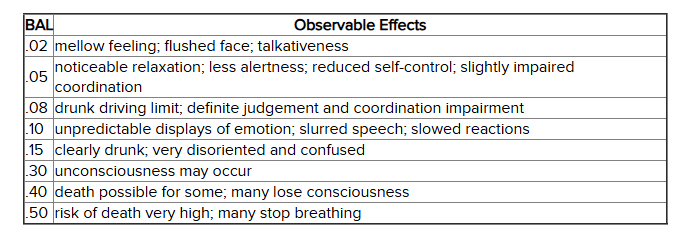Quiz 2 - Unit 5 - HSH
1/21
There's no tags or description
Looks like no tags are added yet.
Name | Mastery | Learn | Test | Matching | Spaced |
|---|
No study sessions yet.
22 Terms
By definition, a _____ is a chemical substance used to treat, prevent, or diagnose a disease or alter one or more functions of the body.
drug
Drugs are administered in several ways. They are taken by _____, they are _______ in the bloodstream or tissue (vaccines), they are _______, or they are _______.
mouth (pills), injected directly, applied topically (creams), inhaled (nasal sprays)
There are several ways to categorize drugs. They can be classified according to ______ (i.e. aspirin), ______ makeup (i.e. corticosteroids); the ______ they treat (i.e. antidepressants), or their specific ______ on the body or a disease (i.e. stimulants), which is the usual means of classification
name, chemical, disorder, effect
___________ drugs are one of the most commonly prescribed drugs. They are used to treat _________.
Antibiotic, bacterial infections
________ are commonly known as painkillers. They come in two forms: _________.
analgesics, non-narcotic and narcotic
________ drugs help the body to eliminate excess amounts of water in the blood, tissues, or organs by increasing _________.
diuretic, the production of urine
_________ are used to help treat mental disorders by producing a calming effect. Tranquilizers can be categorized into two groups: __________.
tranquilizers, anti-anxiety drugs and anti-psychotic drugs
________ drugs (hormones) treat disorders of the endocrine system.
endocrine
Drugs that are commonly abused can be placed into four categories: ________.
stimulants, narcotics, hallucinogens, and depressants
euphoria
a feeling of well-being that may not necessarily be based in reality
Stimulants increase the activity of the central nervous system. They can make you feel more alert and less hungry.
Adverse side effects include heart palpitations, nervousness, hallucinations, and seizures.
Narcotics are mainly pain-killing drugs that are derived from _______. Narcotics, such as ________, are prescribed by doctors to relieve severe forms of pain.
opium, morphine and codeine
Hallucinogens have ______. They are often used for their psychedelic effects and are termed a ______. LSD, marijuana, psilocybin, and PCP are types of hallucinogens
no medical use, recreation drug
Marijuana is the dried leaves, stems, and flowering tops of the _______, Cannabis Sativa
Indian hemp plan
______ reduce or slow the activity of the central nervous system. They act as a _______, causing the user to feel relaxed or drowsy.
Depressants, sedative
Examples of depressants include _______, which can be physically addictive if taken for long periods.
barbiturates and tranquilizers
Barbiturates are derived from barbituric acid. They suppress brain activity by -
blocking the ability of nerves in the brain to send or receive signals.
Tranquilizers are the most commonly abused _______. They reduce the physical and psychological symptoms of anxiety by ________.
anti-anxiety drugs, reducing brain activity
Fermentation occurs when yeast converts _______ found in grains or juice into _______ and carbon dioxide.
carbohydrates, ethyl alcohol
In order for the alcoholic to achieve a certain level of drunkenness, he or she must drink more and more.
This is known as the law of diminishing returns.
Some alcohol-related disorders include:
cancer of the mouth, tongue, and esophagus, cirrhosis of the liver, hepatitis, coronary heart disease, stroke, ulcers, kidney failure, and brain damage.

The physical symptoms of alcoholism might include flushed facial skin, poor overall health, ______ in the morning, _____ the legs and hands, confusion, and _____.
stomach and intestinal pain, tingling in, irregular pulse